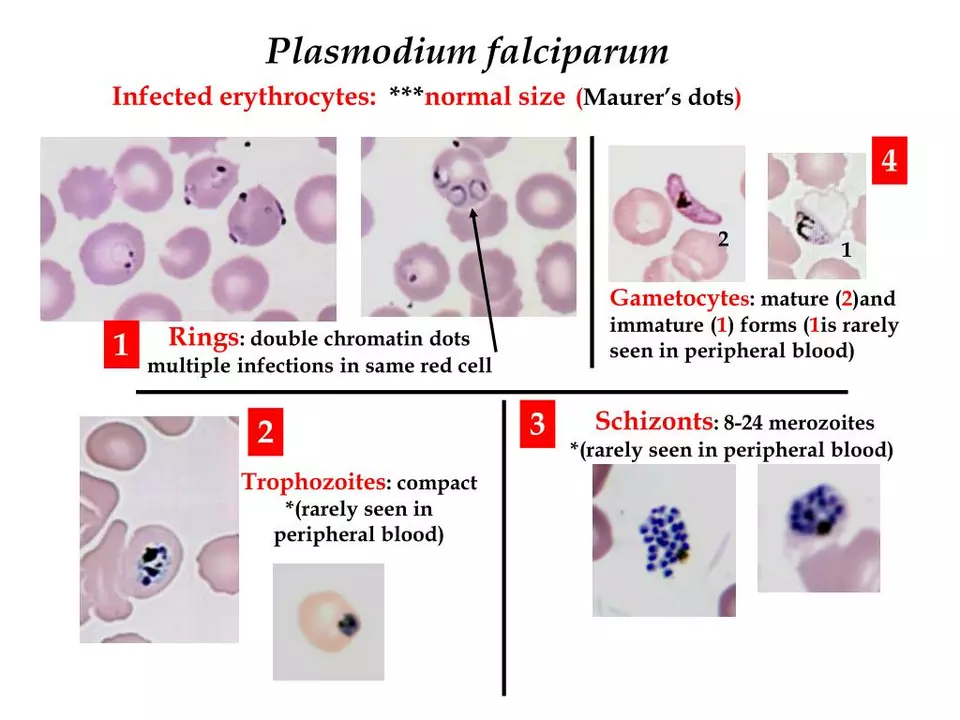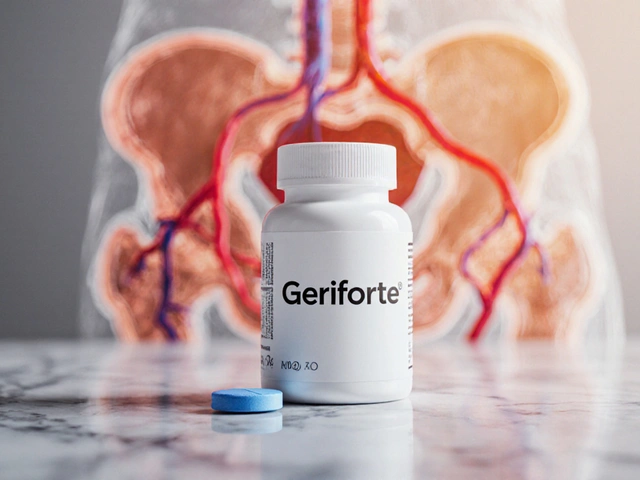Mefloquine: Quick Guide to This Antimalarial
Planning a trip to a malaria‑prone region? Chances are you’ve heard of mefloquine. It’s one of the older oral meds doctors prescribe to keep malaria away, and it’s still popular because you only need to take it once a week.
How Mefloquine Works and When to Take It
Mefloquine attacks the malaria parasite while it’s still in your blood. Think of it as a guard that stops the bug from multiplying. You start the regimen a week before you leave, keep taking it once a week during travel, and continue for four weeks after you return.
The usual adult dose is 250 mg per tablet, but doctors may adjust it based on weight or health conditions. Kids get a lower dose calculated by kilogram. Swallow the pill with water—no crushing or chewing.
Side Effects You Should Watch For
Most people feel fine, but some report vivid dreams, dizziness, or mild nausea. Those are usually short‑lived and go away on their own. A small group experiences more serious issues like anxiety, mood swings, or ringing in the ears.
If you notice persistent headaches, trouble sleeping, or any weird thoughts, stop the drug and call your doctor right away. It’s better to be safe than sorry—especially when it comes to brain‑related symptoms.
Other common side effects include stomach upset and mild itching. Taking the pill with food can help reduce nausea. Staying hydrated also makes a difference.
Avoid alcohol while you’re on mefloquine because it can worsen dizziness and increase the risk of liver strain.
Precautions, Interactions & Buying Safely
Before starting mefloquine, tell your doctor if you have a history of seizures, depression, or heart rhythm problems. The drug can interact with some antidepressants, antipsychotics, and certain antibiotics, so list all meds you’re taking.
If you’re pregnant or nursing, discuss alternatives—mefloquine isn’t the first choice for everyone in those situations.
When buying online, look for a licensed pharmacy that requires a prescription. Scams are common, so never buy from sites that sell “no‑prescription” versions at rock‑bottom prices. A legitimate pharmacy will ask for your doctor’s note and offer secure payment options.
Keep the medication in a cool, dry place away from direct sunlight. Expired tablets lose effectiveness, so check the expiration date before you pack.
Finally, remember that mefloquine is just one tool in malaria prevention. Pair it with mosquito nets, insect repellent, and proper clothing to maximize protection.
Got more questions about dosing or side effects? Talk to your travel clinic—they’ll tailor the advice to your health profile and destination risks.






